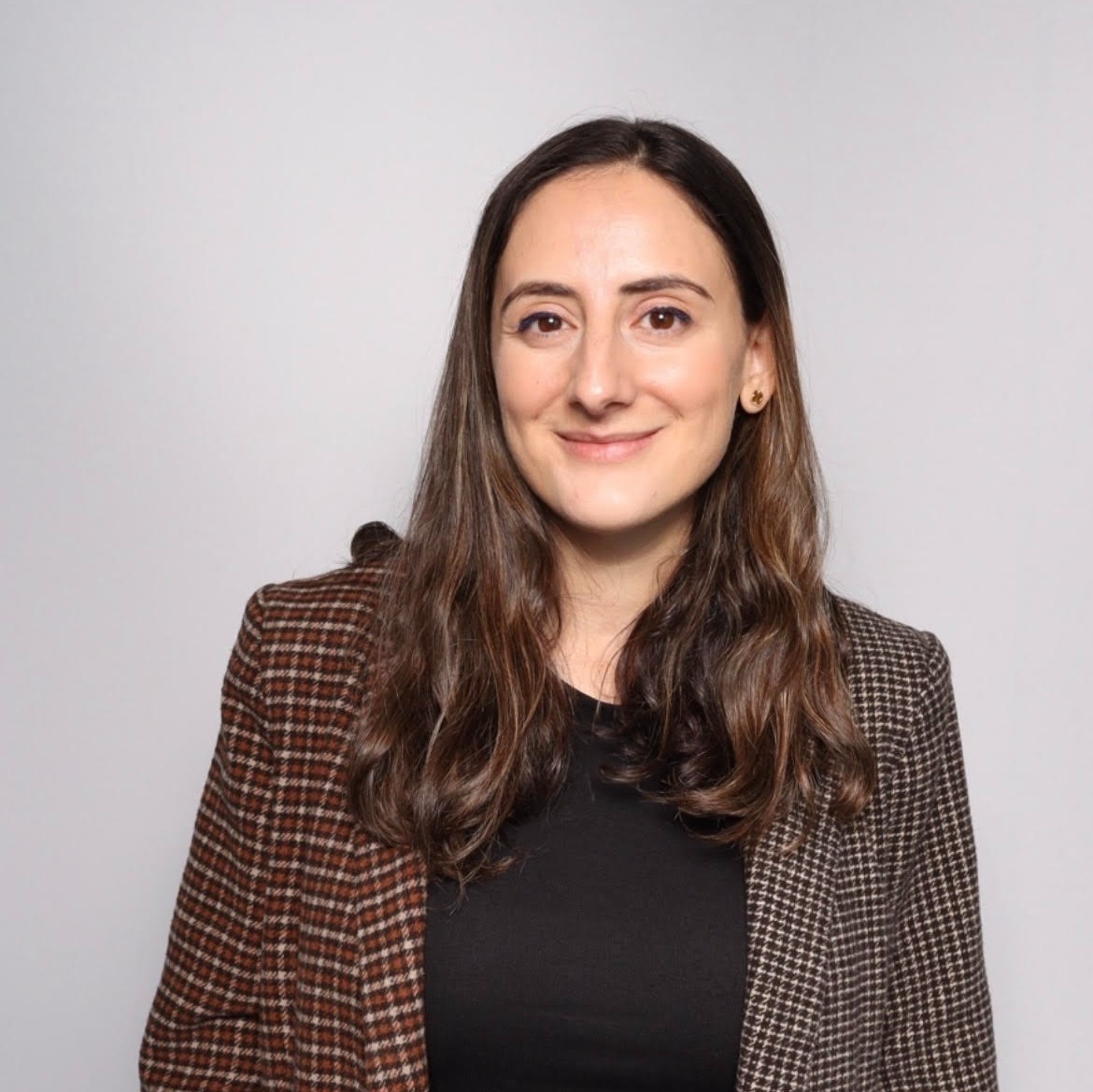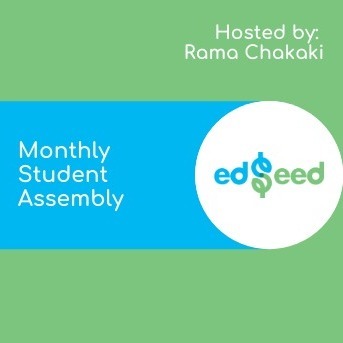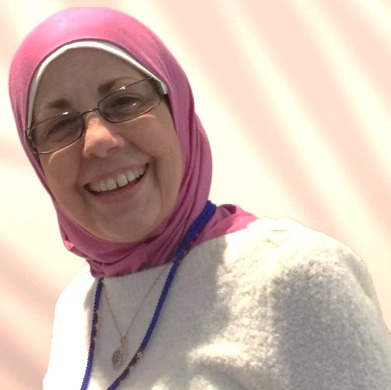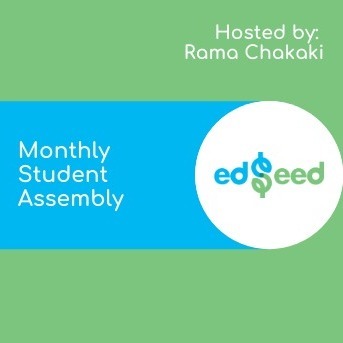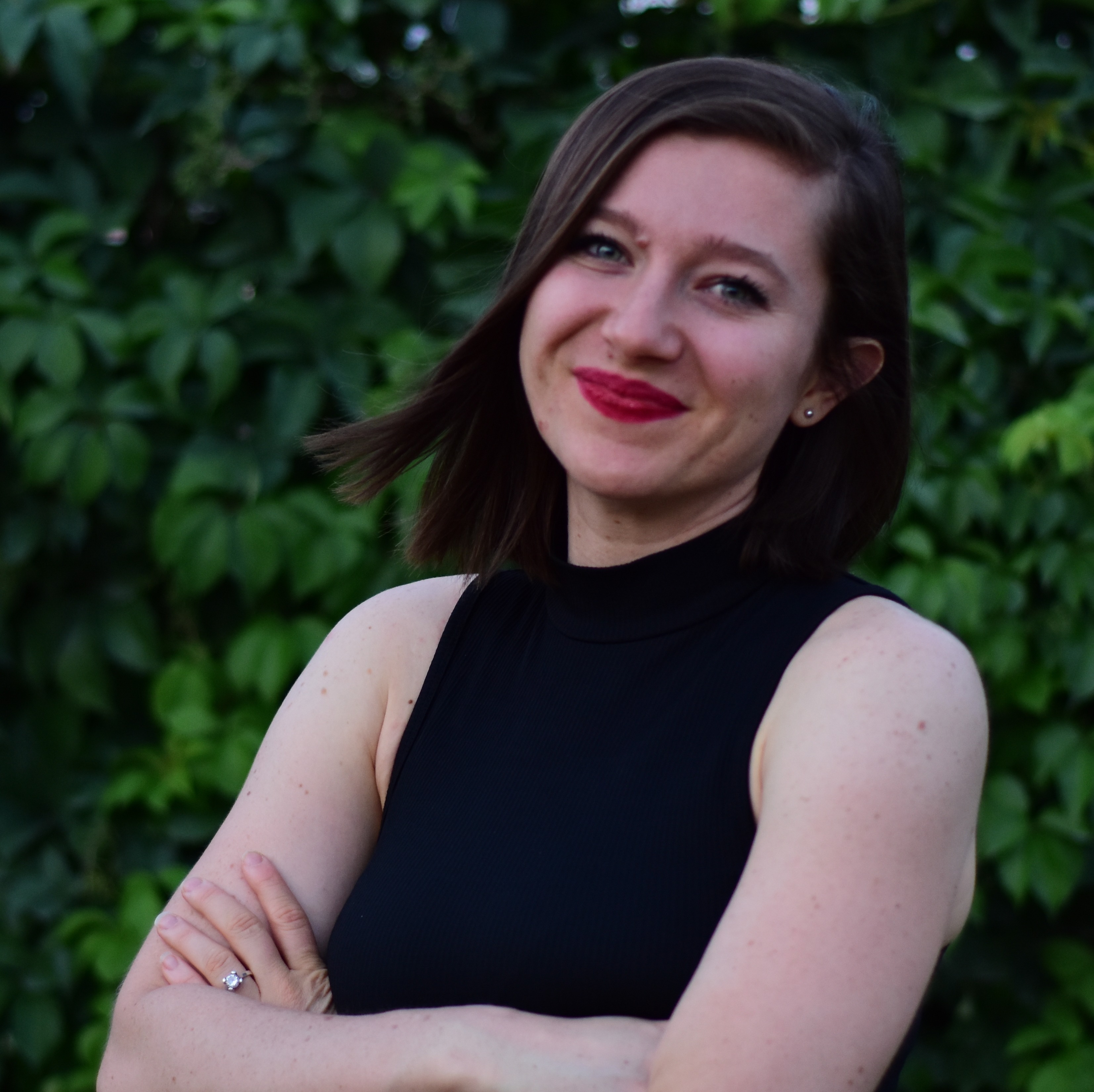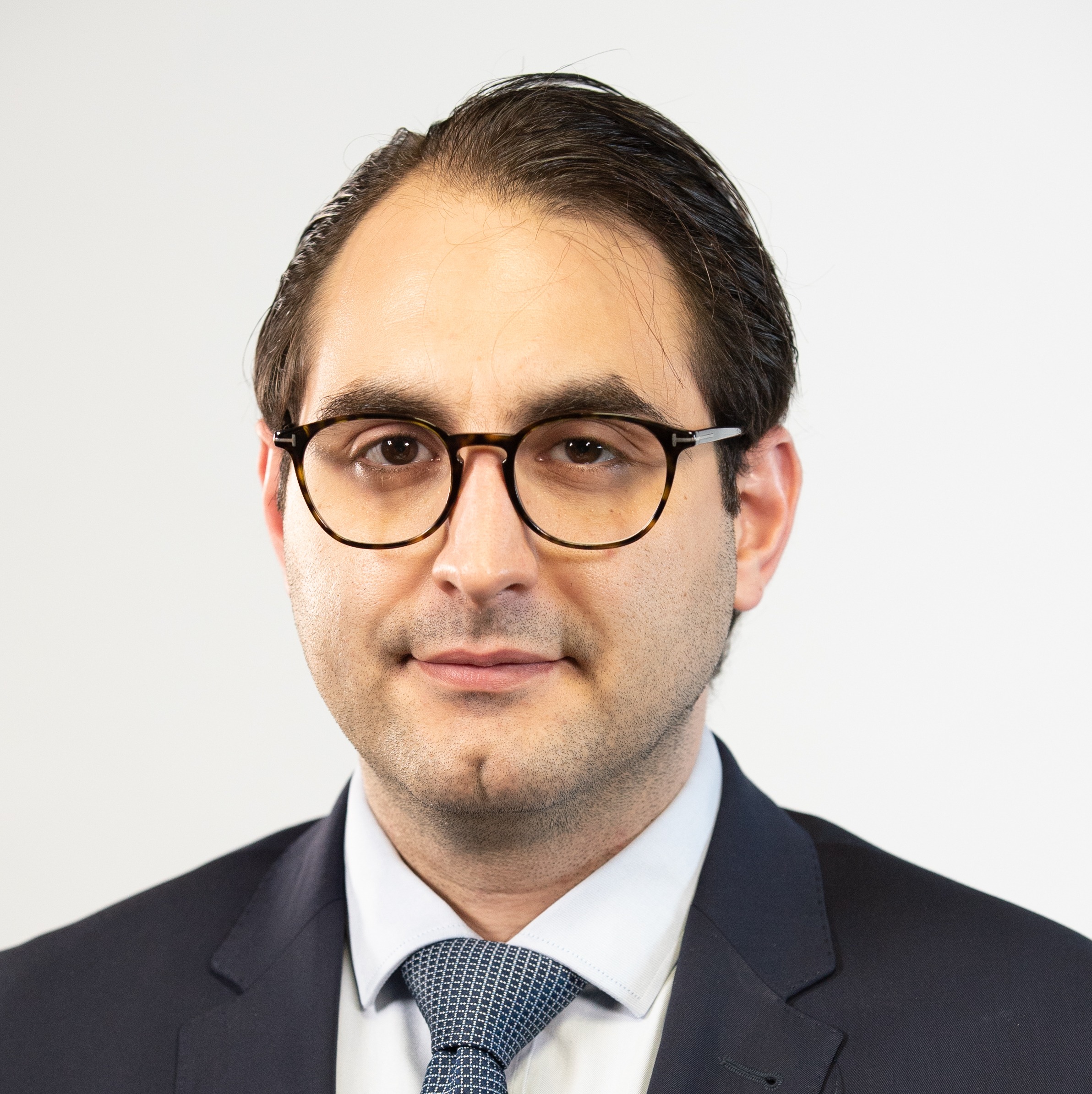
Providing education, mentorship, community, and work opportunities for youth impacted by conflict.

Fundraise
1M+
Donations
1300+
Student campaigns
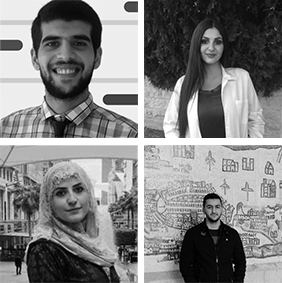
edSeed is a crowd-funding platform that supports the higher education of youth impacted by conflict located in Jordan, Lebanon, and Turkey. We help them create campaigns and offer a platform for donors to learn more about the students and facilitate donors to invest in the students, whether on a one-time or regular monthly basis.

edSeed is a crowd-funding platform that supports the higher education of youth impacted by conflict located in Jordan, Lebanon, and Turkey. We help them create campaigns and offer a platform for donors to learn more about the students and facilitate donors to invest in the students, whether on a one-time or regular monthly basis.
Educate
50+
Webinars
1350+
Participants
We host various professionals from different educational and occupational backgrounds who have experiences to share that enrich our students and offer an opportunity to learn new things. Every speaker has something unique to offer, a different perspective on life, and a new lesson to share with us.


Educate
50+
Webinars
1350+
Participants
We host various professionals from different educational and occupational backgrounds who have experiences to share that enrich our students and offer an opportunity to learn new things. Every speaker has something unique to offer, a different perspective on life, and a new lesson to share with us.
Mentor
30
Mentor
30
Mentees

The Peer 2 Peer mentorship program is part of VIP.fund. It offers a unique opportunity for connection between a student and a volunteer mentor to connect and grow together. The goal is for mentors to support mentees depending on their needs. Mentors/mentees are paired based on shared interests, education, or backgrounds. The program offers a duality in the outcome.

The Peer 2 Peer mentorship program is part of VIP.fund. It offers a unique opportunity for connection between a student and a volunteer mentor to connect and grow together. The goal is for mentors to support mentees depending on their needs. Mentors/mentees are paired based on shared interests, education, or backgrounds. The program offers a duality in the outcome.
Work
50+
Application
61+
Mentor
Syria Digital Lab – aims to explore its opportunities, risks, and potential to create an effective digital ecosystem that identifies, connects, incubates, accelerates, and sustains Syrian-led digital initiatives. It brings together talented Syrian tech developers and entrepreneurs worldwide. It links them with donors, civil society organizations, and the private sector in a collaborative effort to help solve some of Syria’s most pressing challenges.
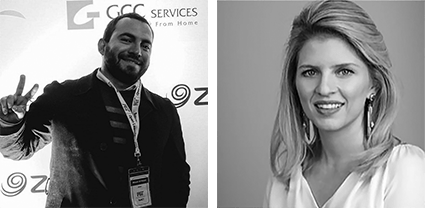

Work
50+
Application
61+
Mentor
Syria Digital Lab – aims to explore its opportunities, risks, and potential to create an effective digital ecosystem that identifies, connects, incubates, accelerates, and sustains Syrian-led digital initiatives. It brings together talented Syrian tech developers and entrepreneurs worldwide. It links them with donors, civil society organizations, and the private sector in a collaborative effort to help solve some of Syria’s most pressing challenges.

Dwara
Featured Program
a 6-week program supported by the VIP.fund, offering space to bring select women students together to express, connect and build community around a common theme.
Featured Community Members
Volunteers and outstanding students are the backbones of our community.
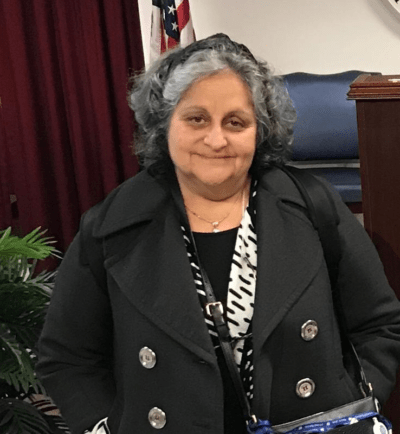
Rasha Ajalyaqeen
Board Member/Advisor

Suha Nabhan
Strategic Communication
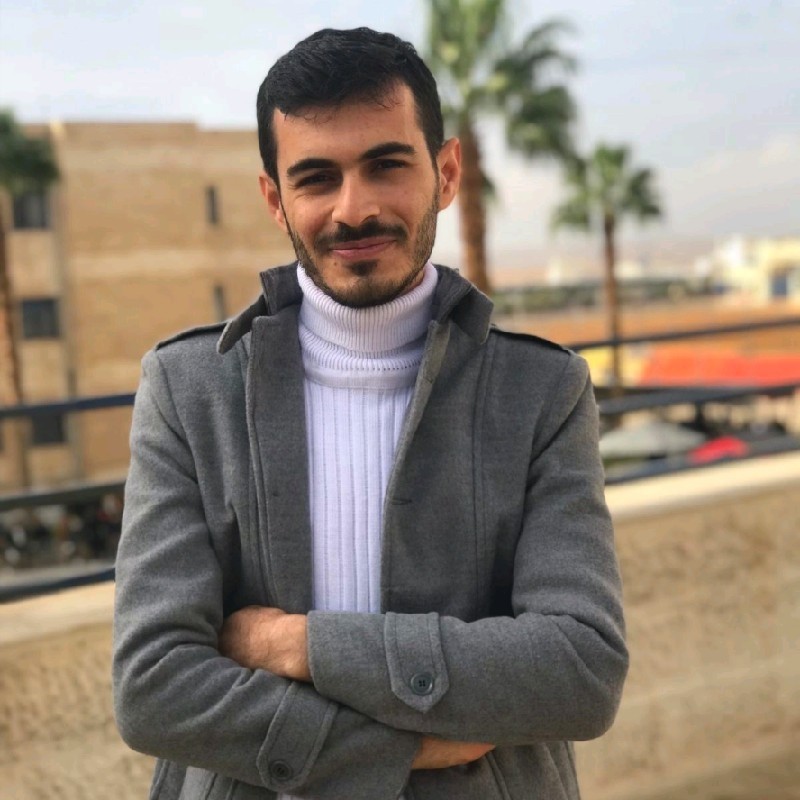
Bashar Alallawi
Student / Fellow

Lina Salah
Program Organizer

WEBINARS
PROTECTING THE FUTURE WITH SUSTAINABLE DEVELOPMENT PATHWAYS FROM REAL OR PERCEIVED ADVERSITY TO EFFICACIOUS AND INDEPENDENT MATURITY.
Syria • Jordan • Lebanon • West Bank • Gaza • USA

